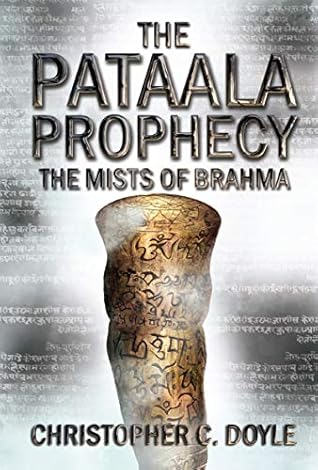More on this book
Community
Kindle Notes & Highlights
Read between
April 27 - April 28, 2020
So, even if we remain sadhs, we can become whatever we want to, depending on our decisions and actions in our present lives. Our success, or failure, depends wholly on us.’
You cannot fear something that you are connected to, that you are a part of.’
the use of force and violence to achieve one’s goals is the refuge of the weak or the desperate.
If you can control your thoughts, you can control your emotions and you will achieve peace.
‘We fear things that we do not understand,’
‘Usually these are things that are different from us in some way—appearance, habits, speech. And emotions like fear, anger, apprehension or frustration take away our ability to become one with the universe.
of us humans are born with an innate capacity to make spontaneous and instinctive judgements about everything around us. We look at something and judge it as good or bad. And very often, we do this without even knowing much about whatever we are judging.
‘Judgement emphasises differences. You need to find the similarities. And replace the tendency to judge with an ability to understand, to empathise.
In the world of sadhs, what gained you respect was who you were: your title, your material possessions, your material power. The Sangha was founded on principles far older than those of Kaliyuga; in a time when you were respected not for who you were but what you were.
You really don’t know what you have until you no longer have it,
Sadhs often used it to explain why bad things happened to good people. To explain concepts like destiny and fate. And how one’s actions in a past birth were responsible for all that happened to them in their lives. But Maya knew that this explanation was effectively an abdication of accountability. This simplistic interpretation of the law of karma effectively took away the onus from a person for what happened to them in their current lives.


